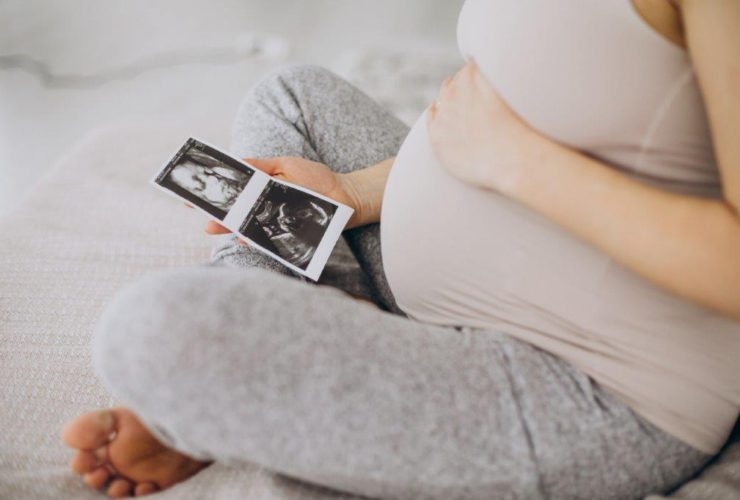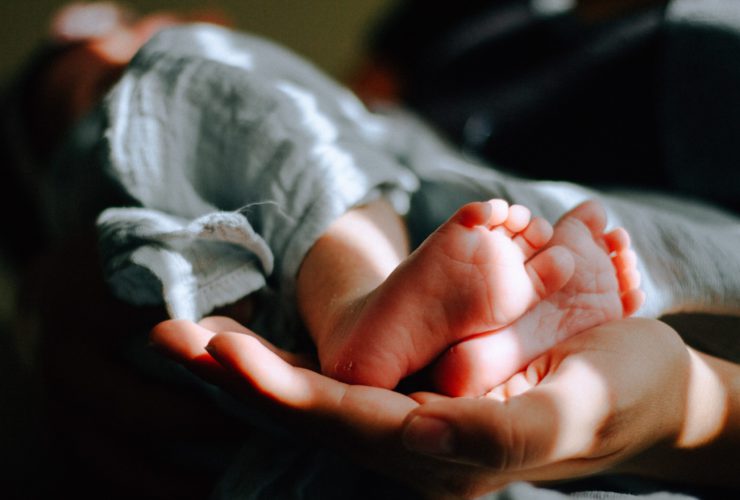Such a wonderful part of your pregnancy is the interaction you have with your baby’s movements. It helps you to bond and understand how busy they can be even before they’re born, but every baby will be felt differently.
When will I first feel my baby moving?
The baby’s movements are actually first felt between 18-20 weeks of pregnancy, but may sometimes be first felt as early as 16 weeks or as late as 22 weeks of pregnancy. Things that can delay the time of first movements include: being your first pregnancy, a placenta that sits on the front (anterior) surface of the uterus, obesity and a twin pregnancy.
Even when first noticed, they will not be consistent every day. The movement are subtle and babies frequently can turn to face backwards which will decrease movements felt. Babies also sleep up to forty minutes intervals, so may disappear for some time before returning.
At times, more unusual movements maybe felt. These include repetitive rhythmic hiccups by the baby, and a sudden “shaking” caused by the baby’s own startle response. Neither of these are of any specific concern.
What does my baby’s movement mean?
Your baby’s movements are not a very sensitive measure of whether your baby might have a problem prior to 28 weeks of pregnancy, due to this wide variation of movement patterns. If you remain concerned after 4-6 hours at this early stage of pregnancy, then spend some time resting (up to one hour) and drink some icy cold water. This usually gives the desired result of subtle movements. If this still fails then ring your obstetrician or the hospital you are booked at for further advice.
Later in pregnancy (after 32 weeks), movements become more consistent in pattern for each baby. It is not the absolute number of movements that is important in ensuring your baby’s wellbeing, but witnessing a normal daily pattern for your baby. If this pattern suddenly decreases substantially, then we advise sitting or lying down for up to two hours paying attention to the movements. Gently pushing your abdomen about may also elicit a response from the baby. Movements are generally felt the least in the standing position.
If late in pregnancy the movements remain subdued even after spending time focusing on them for at least two hours, then you need to contact your obstetrician or the hospital you are booked in as soon as possible. Don’t leave it until the next day for further assessment of your baby. Whilst the vast majority of the time your baby will be well, we would much rather assess all babies than potentially miss an opportunity to find a baby at risk.
In later pregnancy, a CTG (heart rate tracing) will be performed, and depending on the overall picture of issues, an ultrasound may be required within the next 24 hours. An ultrasound has the ability to look in to further measurable indicators of your baby’s wellbeing. If recurrent episodes of decreased movements occur, please contact your obstetrician.


